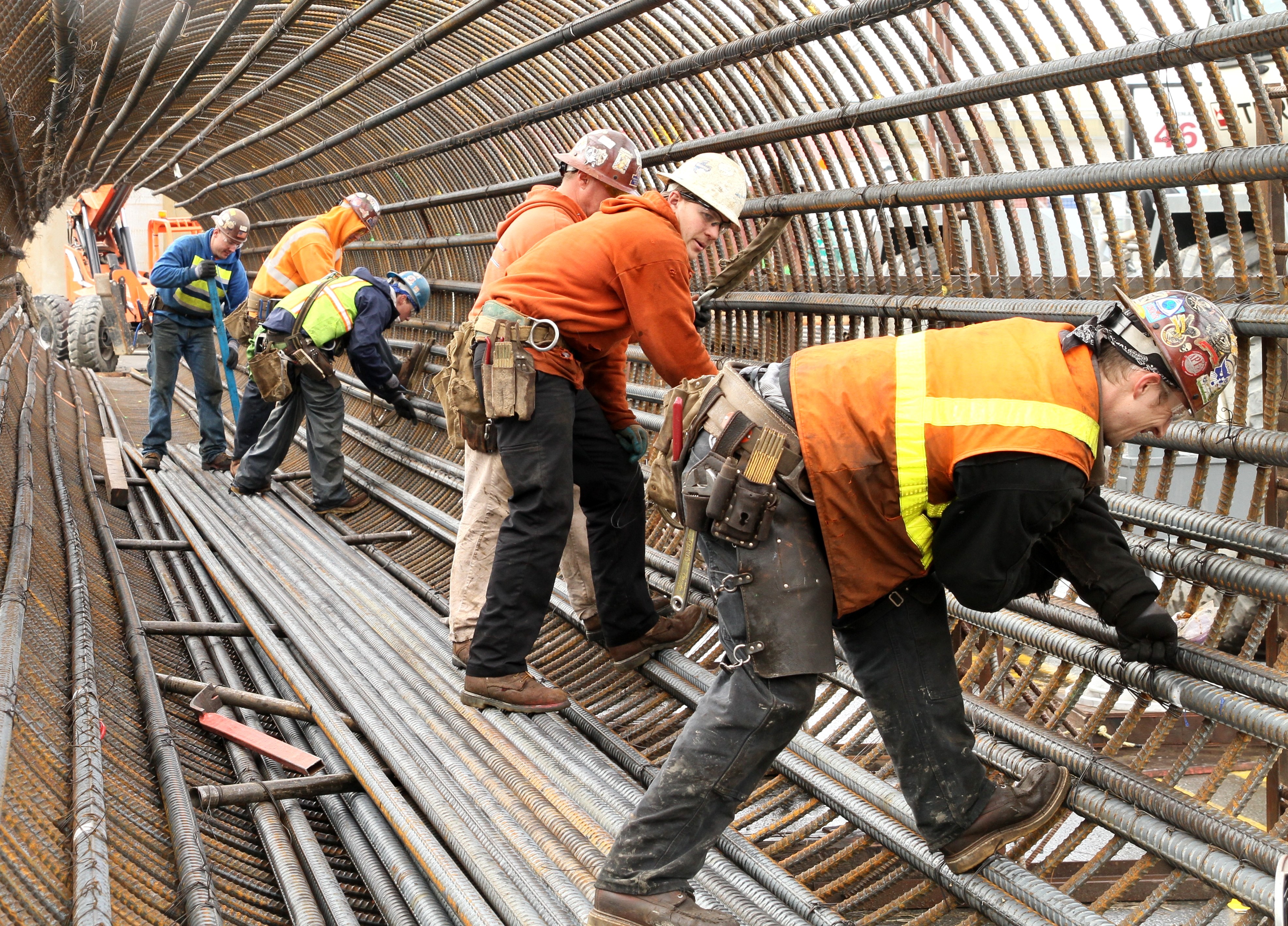There is a pressing need
for health promotion programs focused on increasing healthy eating and
active living among "unreached" rural-based men. The purpose of the
current study was to describe rural-based working men's views about
health to distil acceptable workplace approaches to promoting men's
healthy lifestyles. Two focus group interviews included 21 men who
worked and lived in northern British Columbia, Canada. Interviews were
approximately 2 hours in duration; data were analyzed using thematic
analysis. Themes inductively derived included (a) food as quick filling
fuels, (b) work strength and recreational exercise, and (c) (re)working
masculine health norms. Participants positioned foods as quick filling
fuels both at work and home as reflecting time constraints and the need
to bolster energy levels. In the theme work strength and recreational
exercise, men highlighted the physical labor demands pointing to the
need to be resilient in overcoming the subarctic climate and/or work
fatigue in order to fit in exercise. In the context of workplace health
promotion programs for men, participants advised how clear messaging and
linkages between health and work performance and productivity and
cultivating friendly competition among male employees were central to
reworking, as well as working, with established masculine health norms.
Overall, the study findings indicate that the workplace can be an
important means to reaching men in rural communities and promoting
healthy eating and active living. That said, the development of
workplace programs should be guided by strength-based masculine virtues
and values that proactively embrace work and family life.
My Opinion:
From this study, I can concluded that to organize a certain program, we need to know what are the needs from the target population. In this study, we can compare that there are differences of approach between men and women, office workers and labor workers, and also rural area workers and urban area workers.
For example, in this article they compare rural area with urban area. Rural areas tend to have cheeper golfing and gym membership. So, I think if we can promote the workers in rural area to be physically active after working hours, it might be effective. Rural cultures and norms also play an important role in determining the approach for workplace health promotion.
This articles highlighted on their physically work related which require strengths. From the interview, the workers said they already done much on physical activity in workplace in which I can concluded that we need different approach to make them physically active, that focus on the fitness not strength. This is completely different if the target populations are office workers.
References:
1.http://www.ncbi.nlm.nih.gov/pubmed/26669775

Oliffe, J.L., Bottorff, J.L., Sharp, P., Caperchione, C.M., Johnson, S.T., Healy, T., Lamont, S., Jones-Bricker, M., Medhurst, K. and Errey, S., 2015. Healthy Eating and Active Living Rural-Based Working Men’s Perspectives. American journal of men's health, p.1557988315619372.
ReplyDeleteI found interesting about "masculine" taste that these rural workers emphasized. We may find posters that represents these ideas. I think what they mean is that the promotional poster should include "laki-laki berotot" yang sedang menikmati pekerjaan mereka.
So this is a good example of how to make the program more suitable for the targeted groups - traditional rural men..
Pak Mub